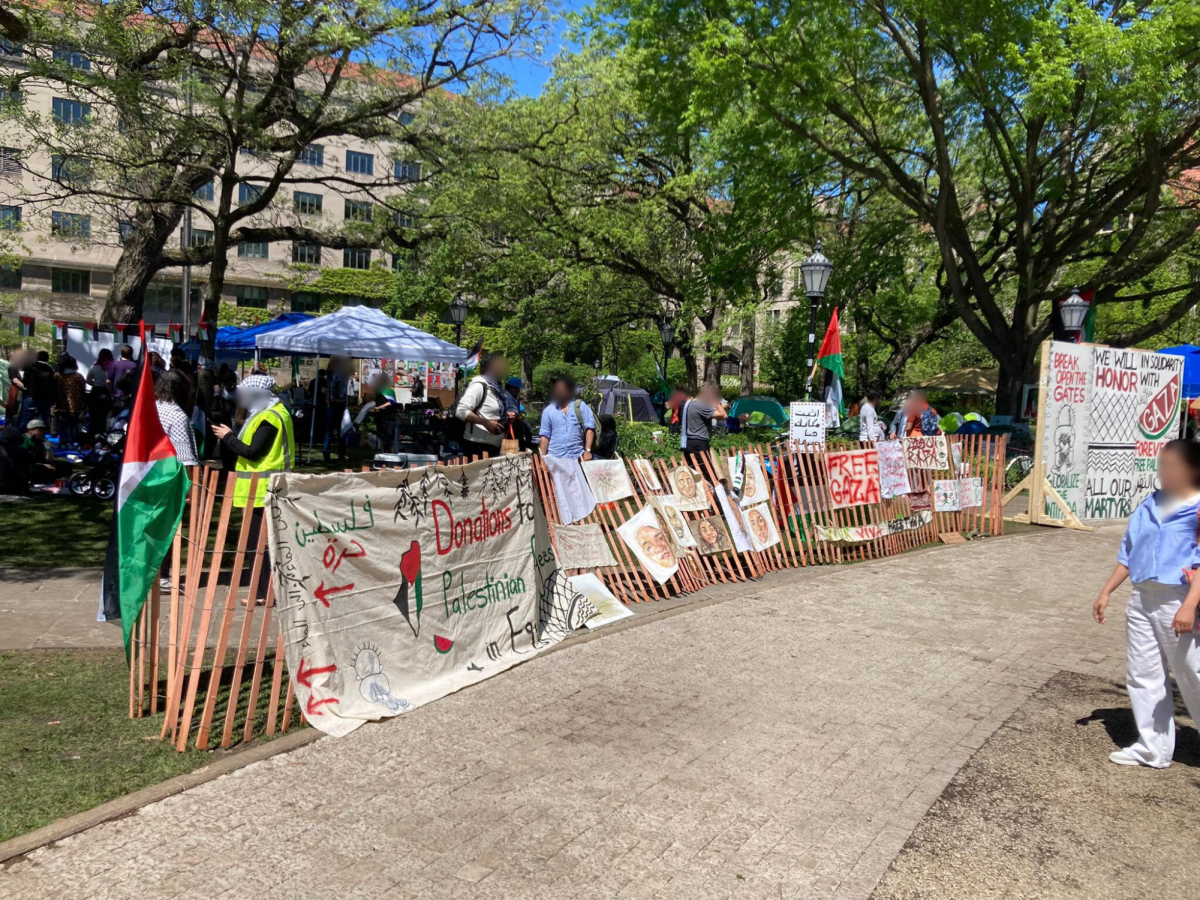Beginning at 1 p.m. on October 31, @uchipolitics, the official Instagram account of the Institute of Politics (IOP), published a series of posts on their public story in conjunction with an event hosting American diplomat Dennis Ross, titled “Unpacking the Israeli Elections.” The event was used as an opportunity to publicize an anti-Palestinian, pro-Occupation political platform as representative of the Institute. This incident raises serious concerns about the politics of the IOP, the potential for bias within their hiring processes, and the lack of sensitivity and respect that they hold toward the concerns and struggles of oppressed peoples worldwide.
Though the IOP defines itself as a nonpartisan institution, the Instagram story displayed otherwise: Among recordings of Ross speaking, one post called to question the legalization of settlement colonies in the West Bank, thereby ending the possibility of a two-state solution; another labeled the Boycott, Divestment, Sanctions (BDS) movement as a “hot topic,” bent on the “deligimization [sic] of Israel…”; one post, completely irrelevant to the event being held, celebrated Israel as “a leader in sustainable energy” and “the most inclusive country in the Middle East.” The use of the IOP’s public media accounts for the dissemination of pro-Israeli propaganda, pinkwashing—employing a false rhetoric of Israeli LGBTQ+ acceptance to forgive the daily violence of military occupation—and anti-Arab rhetoric is reprehensible, but far from surprising.
Last year, the IOP made concessions to several student groups on campus in response to a Maroon op-ed explicitly addressing the lack of resources and platforms for marginalized students on campus. Now, only one month into this new academic year, we are once again left disillusioned with the empty promises of the IOP. We have no choice but to view this event, and the accompanying rhetoric published on social media, as a disregard for calls for substantive change within the Institute, and a continued willingness to legitimize anti-Indigenous, colonialist narratives of power. This clear violation of the IOP’s own values promotes a culture of distrust between their organization and the larger student body—particularly among students of color—who now must question whether or not the IOP is indeed committed to maintaining its nonpartisan stance, representing the voices and experiences of Palestinians, and creating space for open political exchange and understanding on our campus.
Signed:
Students for Justice in Palestine
African Caribbean Students Association
Arab Students Association
Fikayo Walter, Chair of IOP Leaders of Color
Grace Peguese, Mentorship and Alumni Coordinator for IOP Leaders of Color
IOP Student Advisory Board
Movimiento Estudiantil Chicanx Aztlan
Multi-Ethnic Student Society
Muslim Students Association
Omar Salinas, Secretary of IOP Leaders of Color
Organization of Black Students
UChicago Animal Welfare Society
UChicago Student Action
Zachary Williams, Vice-Chair IOP Leaders of Color








